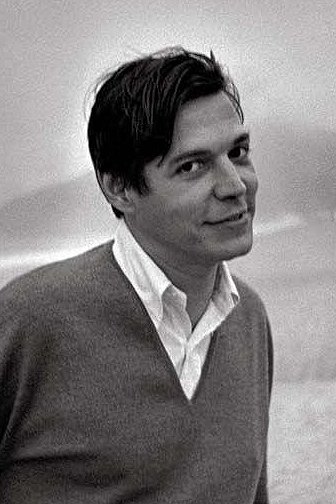
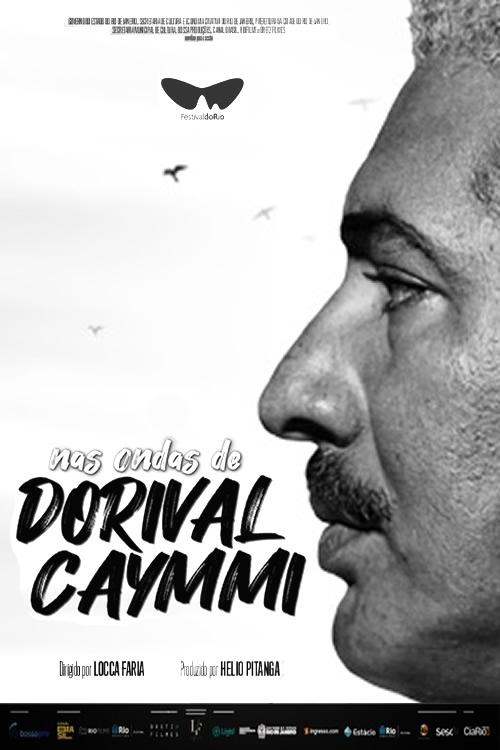
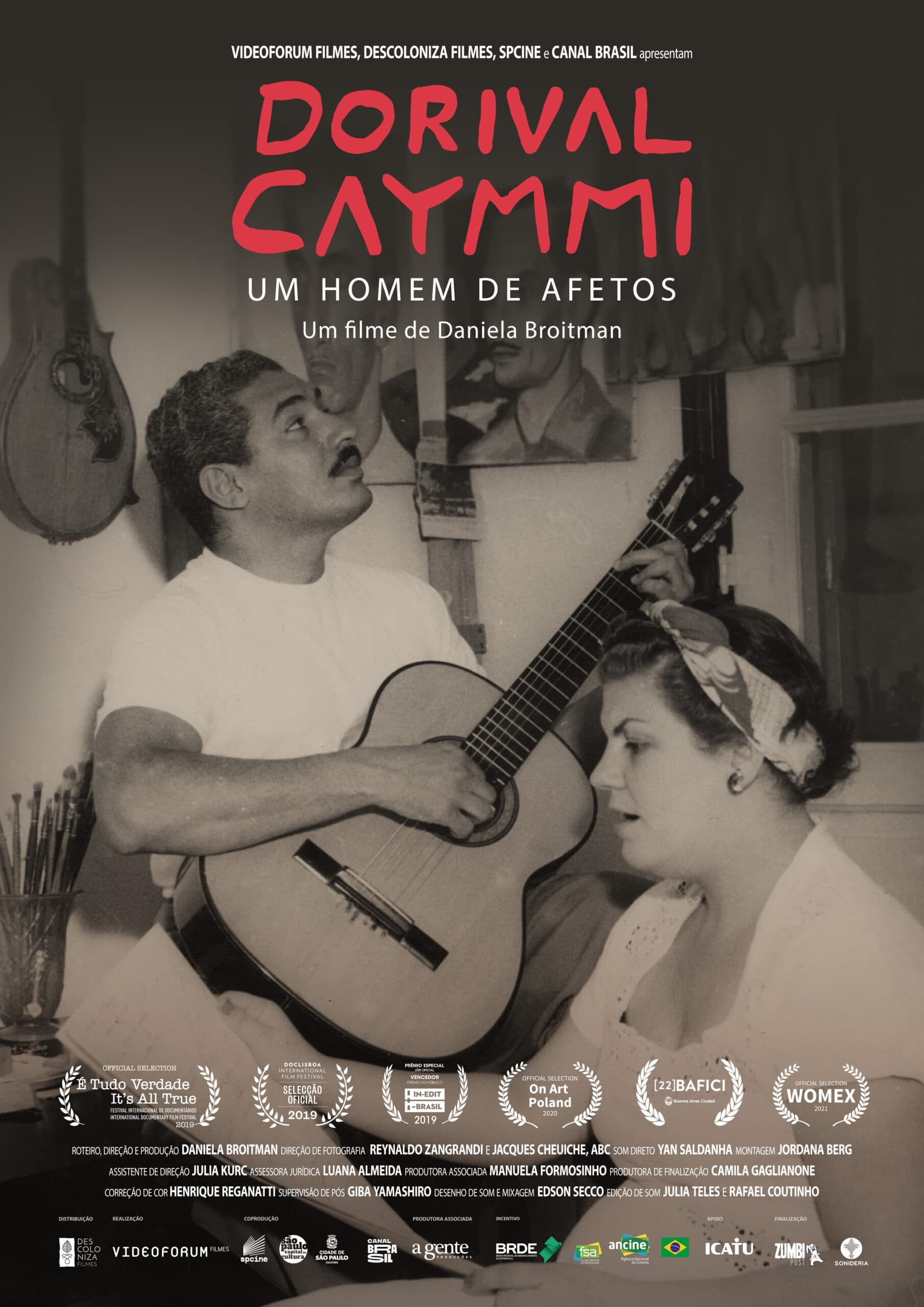
An irresistible journey through the universe of the singer and composer that revolutionized the song in Brazil and influenced generations of musicians, paving the way for movements such as Bossa Nova and Tropicália.
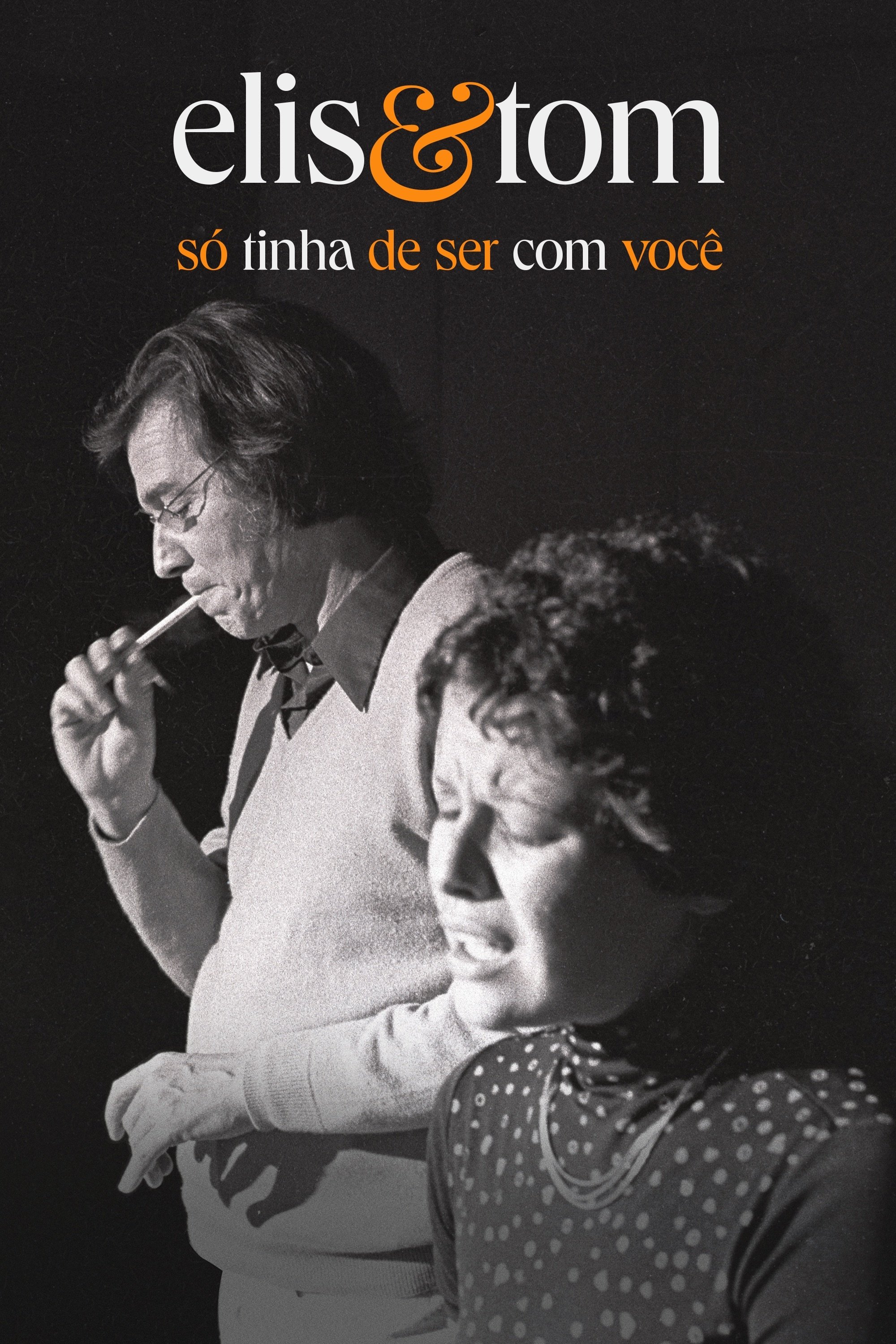
Elis & Tom is considered one of the most important albums in the history of Brazilian music. Recorded in Los Angeles, in 1974, it was all captured by a team of filmmakers led by director Roberto de Oliveira, who arranged for the duo to meet. The original footage was kept for 45 years until restored and remastered in 2018. The film is also an exciting reunion of the director with the artists and the material he filmed nearly five decades ago.
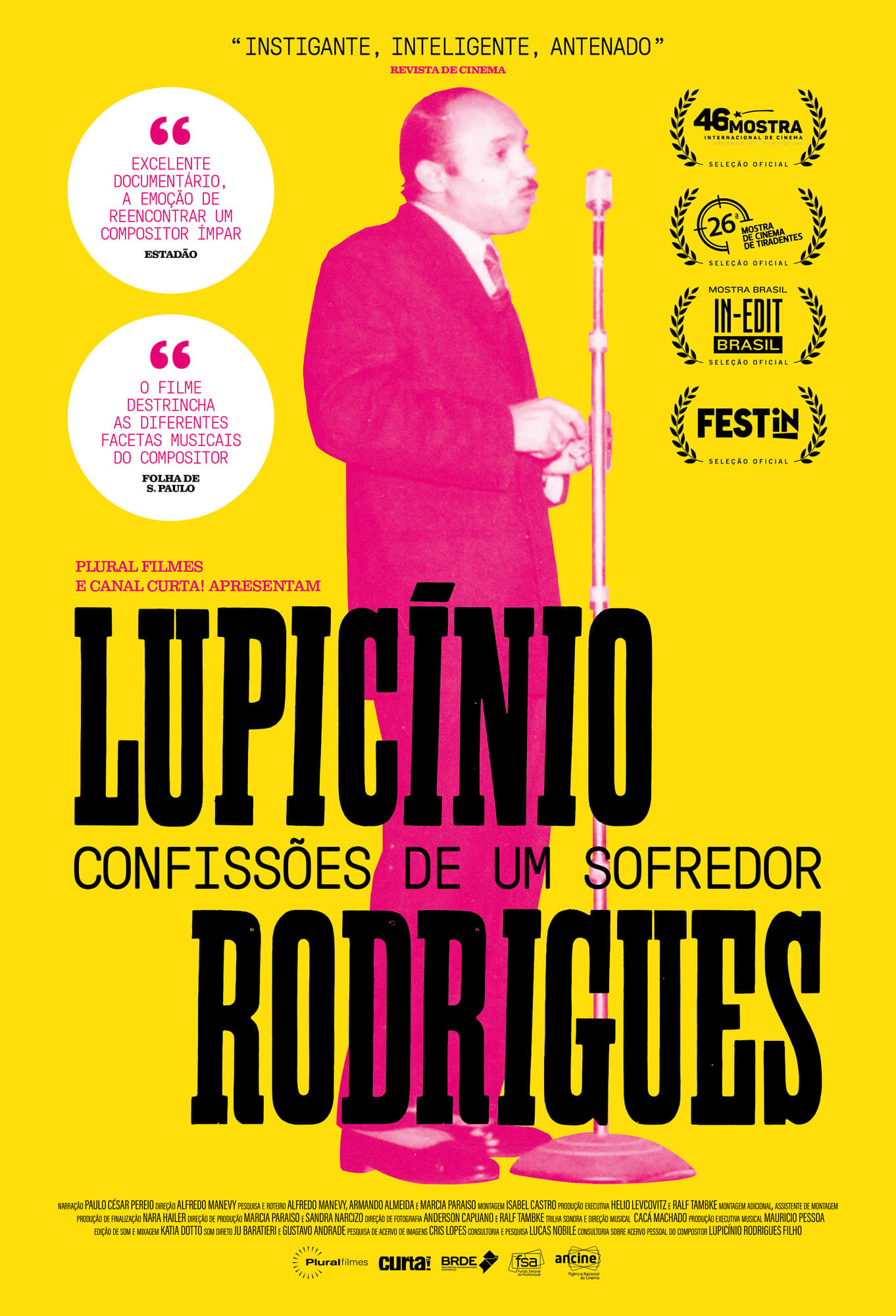
The documentary celebrates the poetic legacy of Lupicínio Rodrigues, investigating the musical contribution and historical context of this composer born in Rio Grande do Sul and author of hits that surpass generations.
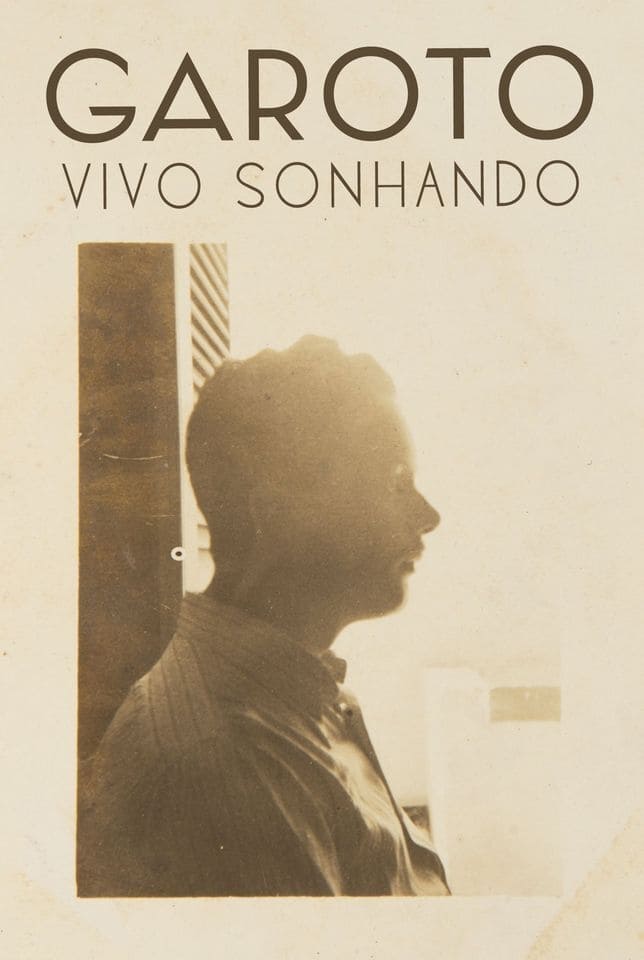
A prodigy of stringed instruments, a pioneer of Bossa Nova, a modernizing master of the guitar: Aníbal Augusto Sardinha, better known as Garoto (1915-1955), is one of the hidden pillars of Brazilian music. Woven by rare archival material, personal diaries and testimonies, this documentary reveals his influence and the artistic conflicts of an avant-garde artist in the golden age of Brazilian radio.
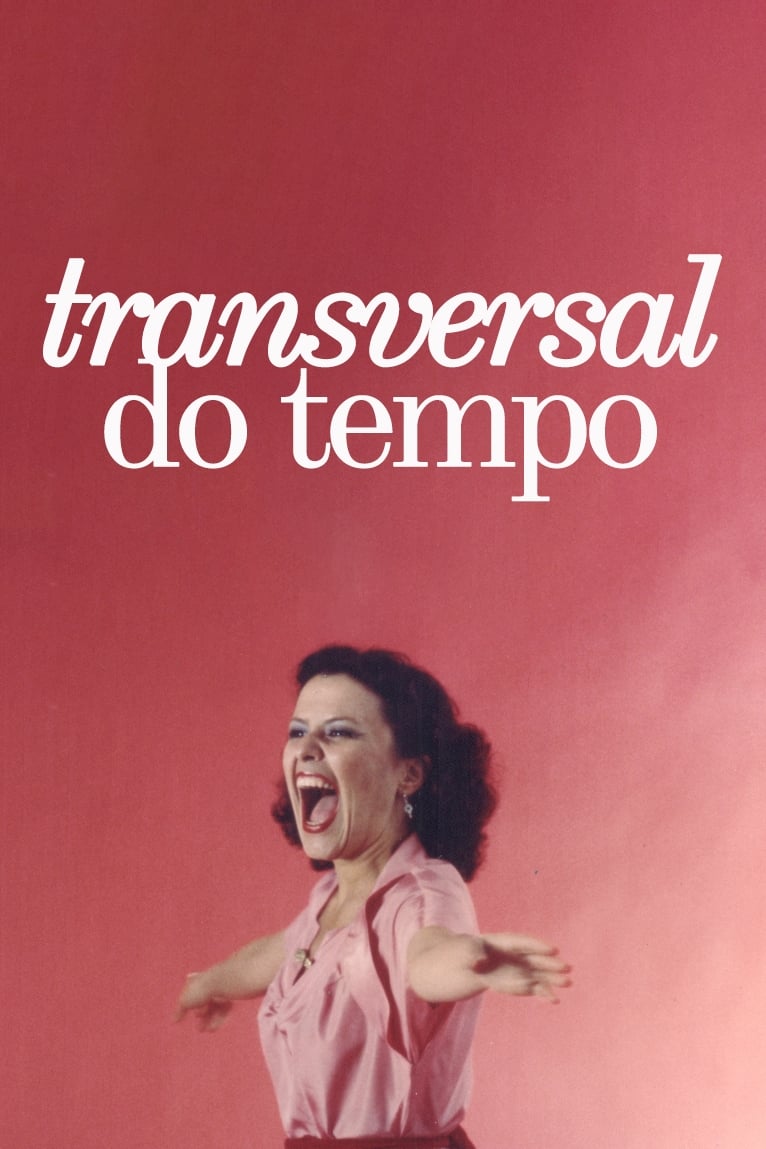
The special documentary celebrates Elis Regina's 75th birthday and makes a parallel between Elis' extremely prevailing thoughts with those of João Marcello Bôscoli, Pedro Camargo Mariano and Maria Rita, her children, answering the same questions in the present time. All three talk about their childhood, their relationship with Elis and her artistic career.
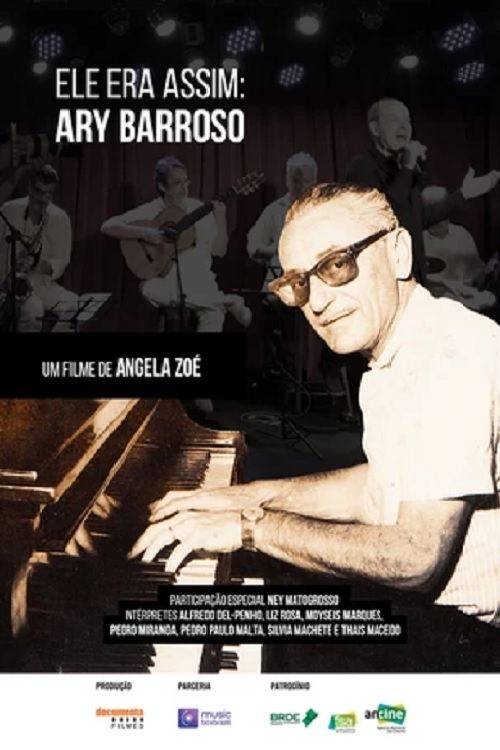
Ary Barroso was one of the greatest composers of Brazilian music with his successes for the whole planet. Know its history, reconstructed through Ary's own audio files, interspersed with reports from friends and family.
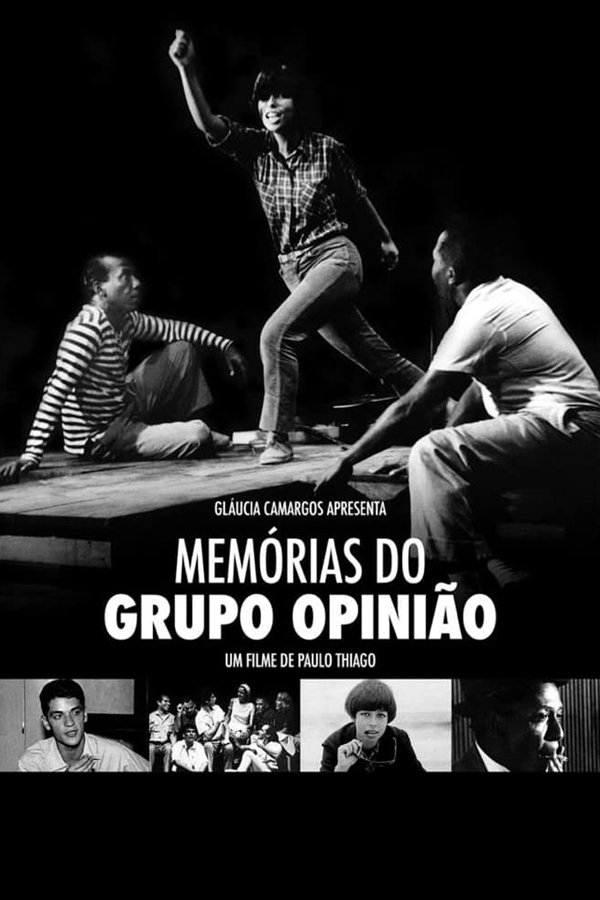
Follows the story of Opinião, a theatre group created in 1964 during the early Brazilian dictatorship period to oppose the government through artistic performances. Considered the first left-wing response to the dictatorship, the group gathered now famous Brazilian artists such as Nara Leão, Maria Bethânia, João do Vale and Millôr Fernandes.
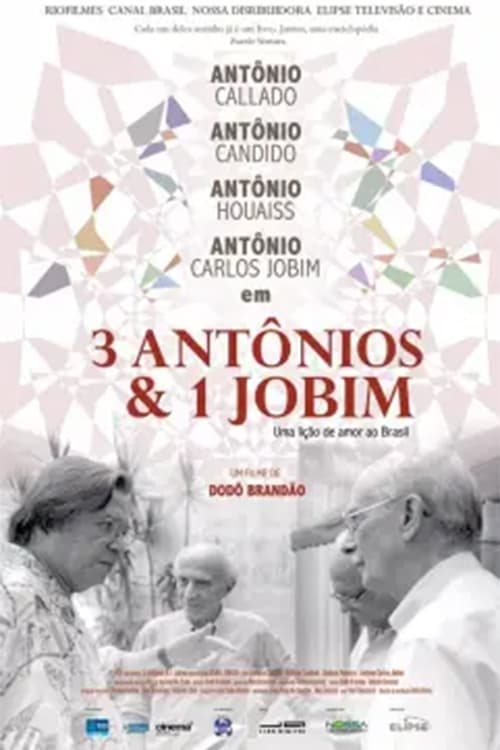
Get ready for a feast. In 1993, four of the greatest Brazilian cultural personalities, four Antônios, were brought together by Rodolfo Brandão and Bebeto Abrantes for a recording in Rio, around a lunch table at Chácara do Céu. None other than the critic Antonio Candido, the writer Antônio Callado, the composer Antônio Carlos Jobim and the philologist Antônio Houaiss.
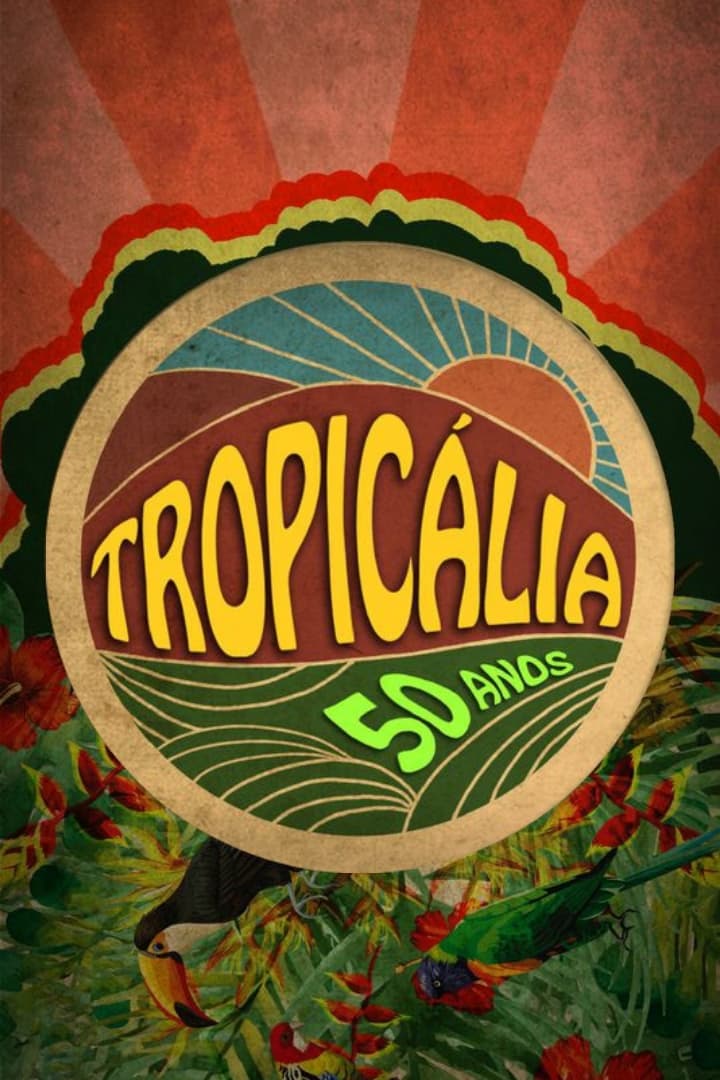
Antônio Carlos Brasileiro de Almeida Jobim (Rio de Janeiro, January 25, 1927 – New York, December 8, 1994), better known by his stage name Tom Jobim, was a composer, pianist, guitarist, arranger, Brazilian flutist and singer. Considered one of the great exponents of Brazilian music, Jobim internationalized bossa nova and, with the help of important American artists, fused it with jazz in the 1960s to create a new, popular sound. For this reason, he is sometimes known as the "father of bossa nova".
By browsing this website, you accept our cookies policy.